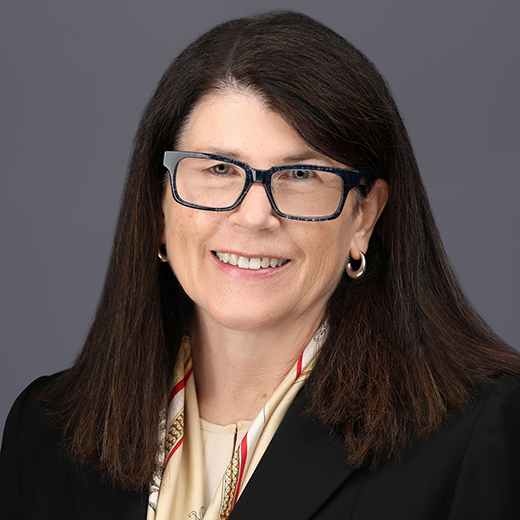
NORTHEASTERN UNIVERSITY MBA: BY THE NUMBERS
Average Starting Compensation
Top Base Salary
Average FT MBA Class Size
Class of 2022 Job Acceptance Within Four Months of Graduating
Students Placed on Corporate Residency
Founding Year
MILITARY GRANTS & SCHOLARSHIPS
Montgomery GI Bill
Post 9/11 GI Bill
Yellow Ribbon Program
Vocational Rehabilitation
MESSAGE FROM ADMISSIONS

Graduate Recruitment and Admissions
TOP RECRUITING COMPANIES









CLICK & MEET OUR MILITARY ALUMNI
Many military veterans have accelerated their transitions by attending Northeastern University’s MBA program.
Click on the photos to learn more about why veterans pursue an MBA and how they choose D’Amore-McKim!
COMUS HARDMAN
As a veteran working in cancer research, why did you choose to pursue an MBA?
"While on active duty, I completed my undergraduate degree in biology. Once I graduated, I began a job at Brigham and Women's Hospital as a pancreatic cancer lab manager and researcher. After two years, I knew I wanted to be in the business world and build the skills to become an entrepreneur. Earning an Full-Time MBA felt like a natural step for me to gain the education, network, and foundational business acumen to succeed in my career as an entrepreneur."
What made the D'Amore-McKim MBA the right MBA for you?
"I was drawn to Northeastern because of the MBA program's successful alumni and their careers. I valued this because I want to be successful and see the fruits of my labor following graduation. I was also looking for a strong entrepreneurial community. I ultimately chose D'Amore-McKim because it is renowned for entrepreneurship and the resources available to students and alumni."
MBA Grad Year: 2022
Undergraduate University:Vassar College

COMUS HARDMAN
Emmanuel Dunlap
While on active duty with the Coast Guard, what made you decide to pursue graduate business school at D'Amore-McKim?
"I served in U.S. Coast Guard for five years. I spent my first three years on two different ships—a 210-foot ship in Galveston, Texas and an 87-foot ship in Virginia Beach, Virginia. When I switched careers and became a logistics officer, I reported to a base in Boston. As my enlistment contract ended, it was the perfect time for me to pursue an MBA because I had just become an active-duty veteran qualified to use assistance from the Veterans Affairs (VA) Department.
I've always liked business and I've always had an entrepreneurial mind. I wanted to expand my general business acumen and become more competitive in the job market. After researching what degrees best aligned with my goals, I realized that the MBA perfectly aligned with my ambitions. I was excited about the classes, especially those focusing on entrepreneurship and data analysis.
I chose Northeastern University's strong MBA program, because I knew it would expose me to various different industries, companies, and projects so that I could gain a wide understanding of business as a whole. I qualified for Northeastern's Yellow Ribbon program, and it covered all of my expenses after the VA assistance. Northeastern will take an unlimited number of students and provide unlimited funding, which is pretty rare."
How have your classes prepared you to launch your career?
"The MBA program has allowed me to strengthen my data skills and gain more experience with team collaboration. I've learned a lot by giving presentations, participating in group projects, and just the personal interactions with my classmates.
I'm also learning to process both quantitative or qualitative data. This data-driven learning really helps me prepare for my future career. I'm able to take a business case, break down the data, analyze the numbers, and expand on my conclusions in a paper or present it with my team. I'm doing that in all my classes, no matter what the subject is, and no matter what the class is.
I'm learning to apply data analytics to business decision-making while developing inter-personal skills—the ability to interact with other professionals.It's the best of both worlds."
MBA Grad Year: 2022
Undergraduate University: Endicott College
